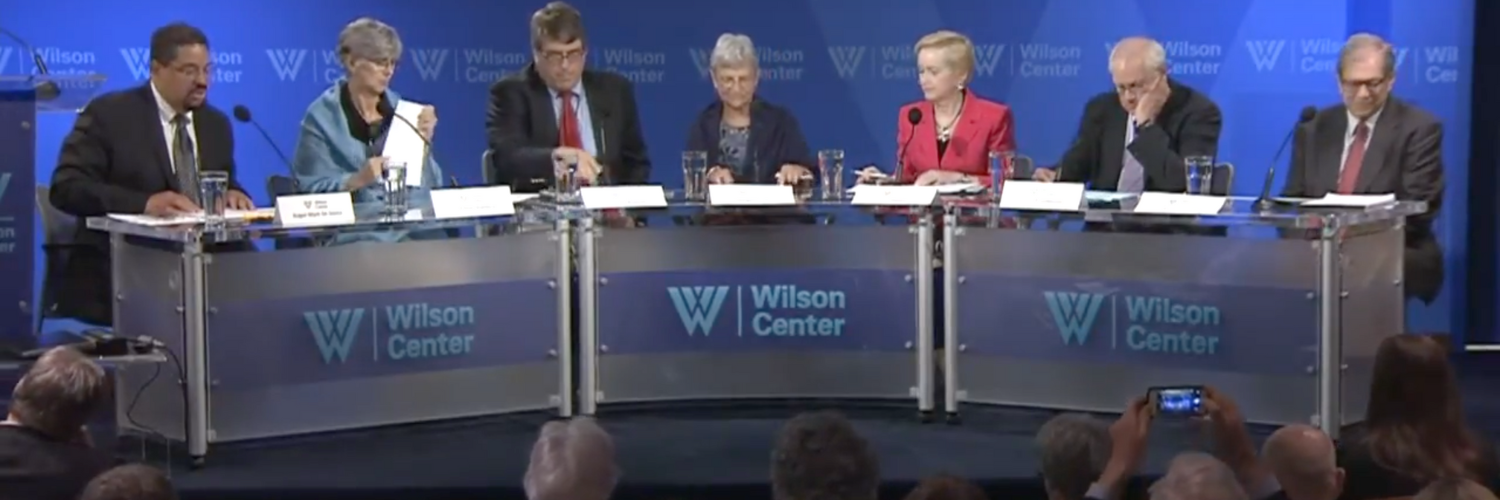WASHINGTON, D.C. May 9 (C-Fam) Seven former directors of USAID’s Office of Population and Reproductive Health have sent a letter to Congress attacking the characterization of USAID employees as “radical leftists” and defending the funding of international family planning.
Despite legal and policy constraints imposed by Congress, over the years, the USAID Office of Population and Reproductive Health has been the division of the U.S. government most responsible for funding the international abortion lobby.
The former directors insist they “dutifully carried out directives from the administration and Congress, including the Mexico City Policy.” Mexico City Policy was the executive order first implemented by President Ronald Reagan in 1984, and reinstated by several presidents since then, that blocks U.S. funding to foreign groups that promote or provide abortions. Direct U.S. funding for overseas abortion was already banned by the 1973 Helms Amendment to the Foreign Assistance Act.
The directors’ implementation of pro-life law and policy was always done grudgingly. J. Joseph Speidel, who ran the office from 1978-1983, recounted in an oral history that “[e]ven though the Helms Amendment said we couldn’t provide abortion methods, we still did research. We had to stop that with Reagan.”
Spiedel bragged that despite political appointees being assigned as watchdogs in the office, “it took them months, if not years, to figure out what was going on.” This points to the difficulty that conservative presidents have when going up against the mostly leftwing bureaucratic state.
Speidel left the office shortly before the Mexico City Policy was announced. According to his successor, Steven Sinding, Speidel “co-authored an article on abortion which came to the attention of the truth police in the agency and resulted in his forced resignation.”
Sinding was speaking at a 2015 Wilson Center event alongside the other former and current office directors, except Speidel.
While their recent letter to Congress only mentions abortion once, arguing that it can be prevented by increased use of family planning, the directors openly advocated for abortion when policy constraints did not limit them. Elizabeth Maguire, who ran the office from 1993-1999, went on to lead the organization Ipas, which has a narrow focus on promoting and providing abortion internationally. After his tenure, Speidel worked at the pro-abortion Population Action International. Sinding went on to serve as the director-general of the International Planned Parenthood Federation (IPPF). Margaret Neuse (2000-2006) acted as a board member of the pro-abortion EngenderHealth.
Duff Gillespie (1986-1993) recounted in his own oral history his time working at USAID before the Helms Amendment: “There was a spree that has never been recaptured.” He recalled flying to foreign countries with “three suitcases. One would be for your clothes, one would be contraceptives, and the other would be vacuum aspiration kits.” These were used to perform abortions, and Gillespie recalled storing boxes of them in his basement. “Every once in a while, one of my kids would get into it and they make great water guns.”
Gillespie referred to the Mexico City Policy as “obnoxious” at the Wilson Center event, although at a separate discussion he begrudgingly admitted “I would say, yeah, unfortunately, it does work” in curtailing abortion advocacy.
Throughout its existence, and despite law and policy to the contrary, the attitude of the USAID family planning office and its directors could be summarized in the words of Speidel: “Even though there is the rhetoric about [how] abortion shouldn’t be a method of family planning, of course it is, and of course it should be.”
View online at: https://c-fam.org/friday_fax/former-usaid-chiefs-attack-critics-defend-usaid-promotion-of-abortion/
© 2025 C-Fam (Center for Family & Human Rights).
Permission granted for unlimited use. Credit required.
www.c-fam.org









